Advertisement
Hannover Messe 2025 promises to be one of the most talked-about industry events of the year, showcasing how far technology has come and what lies just ahead. As the lines between physical and digital industries grow thinner, this year’s exhibition is expected to shine a light on some of the most ambitious innovations yet.
From autonomous robots reshaping factories to generative AI redefining how ideas and processes are created, visitors can expect a show that reflects both the needs of today and the possibilities of tomorrow. With manufacturers, developers, and engineers from across the globe gathering in Hannover, it’s set to be a showcase of both progress and imagination.
At Hannover Messe 2025, autonomous robots are expected to draw some of the biggest crowds, and for good reason. These aren't the rigid, single-task machines of yesterday. They've evolved into smart, agile helpers that can navigate busy spaces, sense their surroundings, and even work alongside people and other robots. More factories are relying on mobile robots to ferry parts across shop floors without any human steering, keeping operations running smoothly. Exhibitors are preparing to showcase robots that not only follow instructions but also learn as they go, adapting to changing workflows and even coordinating with each other to keep production lines moving efficiently.
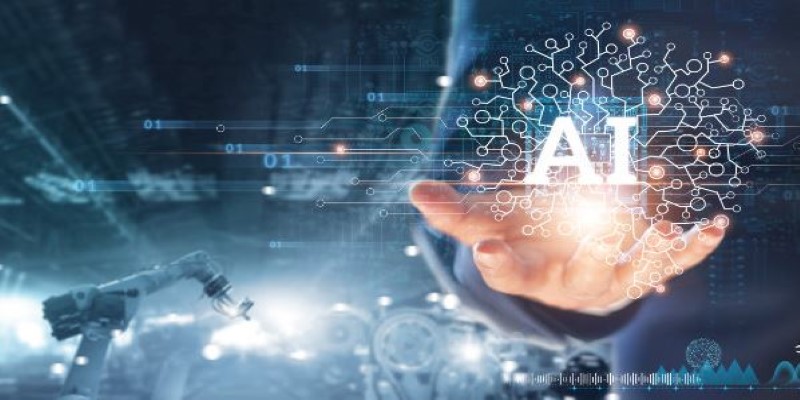
What makes this generation of autonomous robots exciting is how seamlessly they blend precision engineering with machine learning. Visitors walking through the robotics halls will see robots inspecting products for flaws, piecing together intricate components, and working side by side with humans, safely and without the cages that once separated them. It's a shift toward factories that can largely run themselves yet stay versatile enough to handle custom tasks. Beyond the factory walls, there will be examples of robots delivering goods, sorting warehouses, and even handling outdoor maintenance, showing just how far these technologies have come and how far they can go.
The term "generative AI" has entered mainstream conversation, but at Hannover Messe 2025, it takes on a more concrete meaning. Rather than simply producing text or images, generative AI is being applied to industrial design, product development, and process optimization. Exhibitors are expected to reveal how algorithms are generating thousands of potential designs for a single component, testing them virtually, and suggesting options that human engineers might never have considered. This kind of AI can propose lighter, stronger, or more efficient structures by analyzing countless combinations in a fraction of the time traditional methods would take.
Generative AI is also influencing manufacturing workflows. Companies are now training AI models on their production data, enabling predictive adjustments to schedules, identifying inefficiencies, and even generating maintenance plans for equipment based on patterns in operational history. During live sessions and demonstrations, attendees are likely to see how AI can produce real-time recommendations that cut costs, reduce waste, and shorten development cycles. This expands its role from a conceptual tool to a practical partner in daily industrial operations.
Another theme running through Hannover Messe 2025 will be the integration of intelligent technologies into energy and sustainability efforts. As industries look for ways to reduce emissions and conserve resources, the use of autonomous robots and generative AI is showing clear benefits. Robots designed for precision farming, solar panel installation, and grid maintenance will be on display, demonstrating their contribution to greener practices. These machines reduce waste by operating with exacting precision and can handle repetitive tasks that humans find tiring or inconsistent.
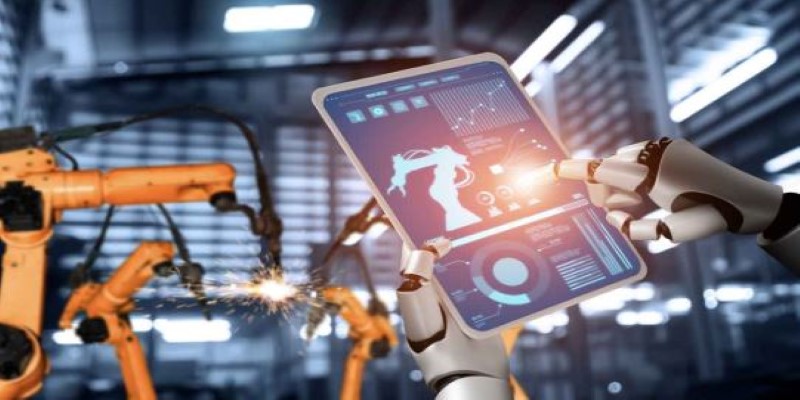
Generative AI plays a crucial role in designing more sustainable products and systems. Exhibitors are expected to showcase case studies where AI-generated designs have resulted in less material usage or lower energy requirements. Energy monitoring tools powered by AI will also feature, enabling companies to track their consumption minute by minute and adjust accordingly. Sustainability, rather than being treated as an afterthought, is becoming a core driver of innovation, and Hannover Messe is set to reflect that shift clearly.
With all this focus on autonomy and artificial intelligence, the question of human roles naturally arises. Hannover Messe 2025 does not just display machines and algorithms — it also explores how people and technology work together. Collaborative robots (cobots) are a big part of that story. Visitors can expect demonstrations of cobots assisting workers in tasks that require a combination of dexterity and judgment. These machines reduce strain and help maintain consistent quality while allowing human operators to make higher-level decisions and handle creative or unpredictable aspects of the job.
Generative AI, too, is being positioned as a support tool rather than a replacement. While AI can generate designs or suggest optimizations, it still relies on human expertise to set goals, choose among alternatives, and make judgment calls. Exhibitors will likely emphasize the concept of augmentation, where technology enables humans to focus on more rewarding and less monotonous tasks. Workshops and talks at the event will explore training opportunities, reskilling programs, and strategies for integrating advanced technologies while ensuring that workers are not left behind.
Hannover Messe 2025 will be more than just a platform for shiny new machines and impressive demonstrations. It will give a clear view of where industries are heading — toward smarter, more autonomous operations that are still guided by human insight. Autonomous robots are no longer novelties; they’re practical tools shaping modern production. Generative AI has moved beyond experimentation to become a trusted element of design and planning. Together, they’re reshaping what manufacturers, engineers, and operators can achieve. For anyone walking the halls this year, the show offers both a glimpse into the immediate future and a reminder of how much human creativity remains at the heart of progress.
Advertisement
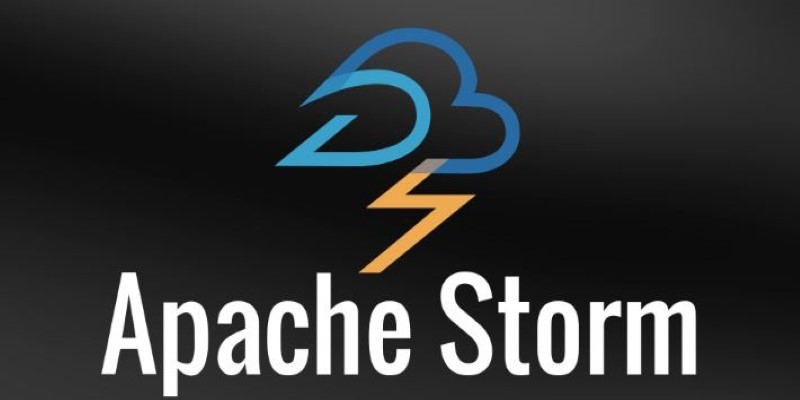
Learn Apache Storm fundamentals with this detailed guide covering architecture, key concepts, and real-world use cases. Perfect for mastering real-time stream processing at scale
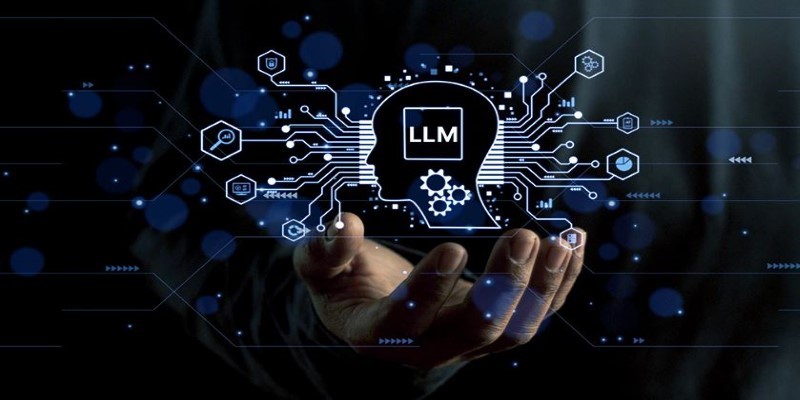
Uncover the best Top 6 LLMs for Coding that are transforming software development in 2025. Discover how these AI tools help developers write faster, cleaner, and smarter code

Simpson’s Paradox is a statistical twist where trends reverse when data is combined, leading to misleading insights. Learn how this affects AI and real-world decisions
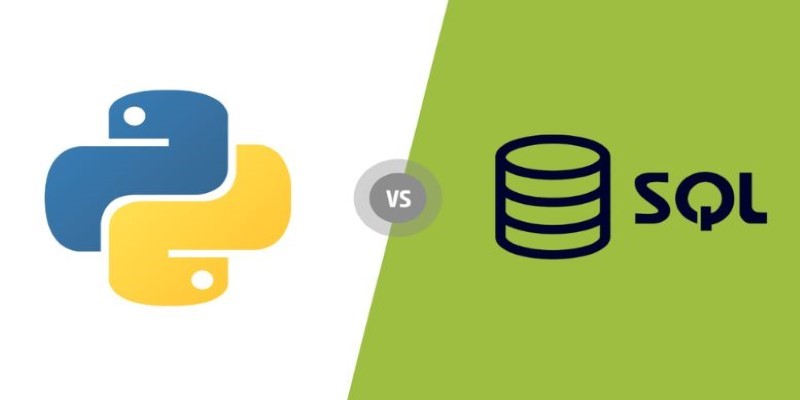
Find out the key differences between SQL and Python to help you choose the best language for your data projects. Learn their strengths, use cases, and how they work together effectively
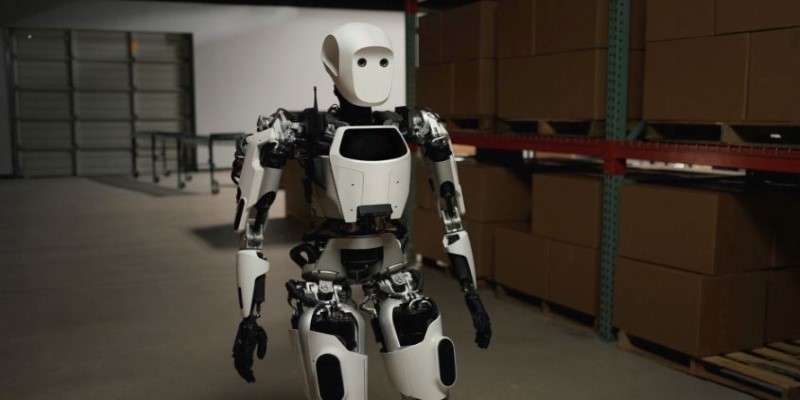
Find out the Top 6 Humanoid Robots in 2025 that are transforming industries and redefining human-machine interaction. Discover how these advanced AI-powered robots are shaping the future of automation, customer service, and healthcare
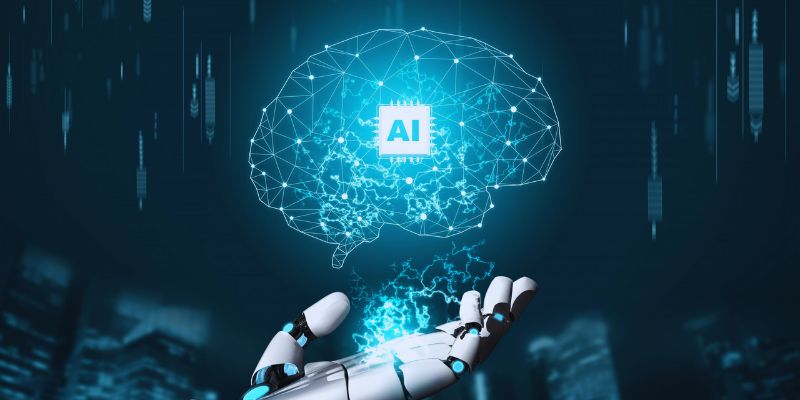
Learn how process industries can catch up in AI using clear steps focused on data, skills, pilot projects, and smart integration
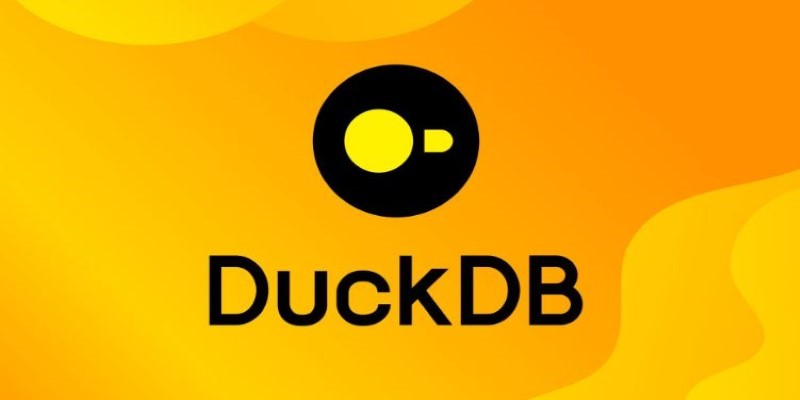
Discover DuckDB, a lightweight SQL database designed for fast analytics. Learn how DuckDB simplifies embedded analytics, works with modern data formats, and delivers high performance without complex setup

Accessing Mistral NeMo opens the door to next-generation AI tools, offering advanced features, practical applications, and ethical implications for businesses looking to leverage powerful AI solutions
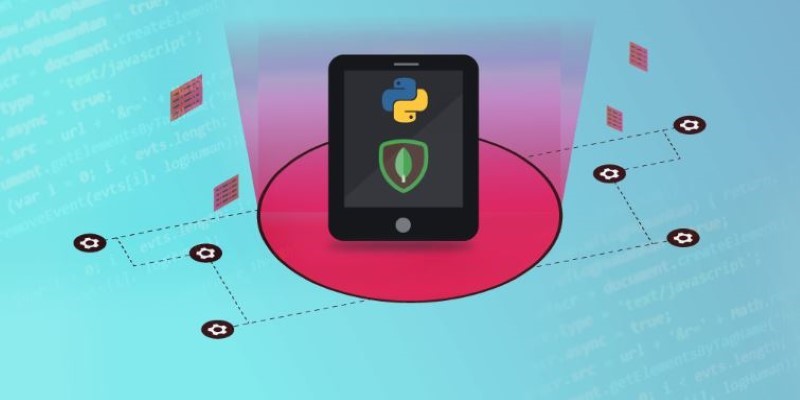
How to use MongoDB with Pandas, NumPy, and PyArrow in Python to store, analyze, compute, and exchange data effectively. A practical guide to combining flexible storage with fast processing
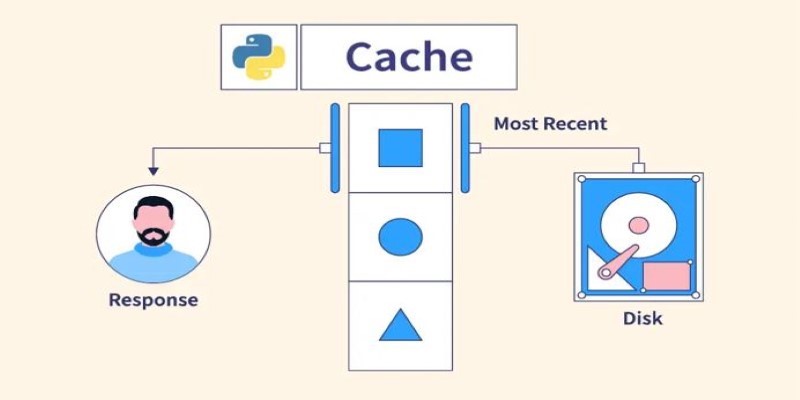
Understand what Python Caching is and how it helps improve performance in Python applications. Learn efficient techniques to avoid redundant computation and make your code run faster
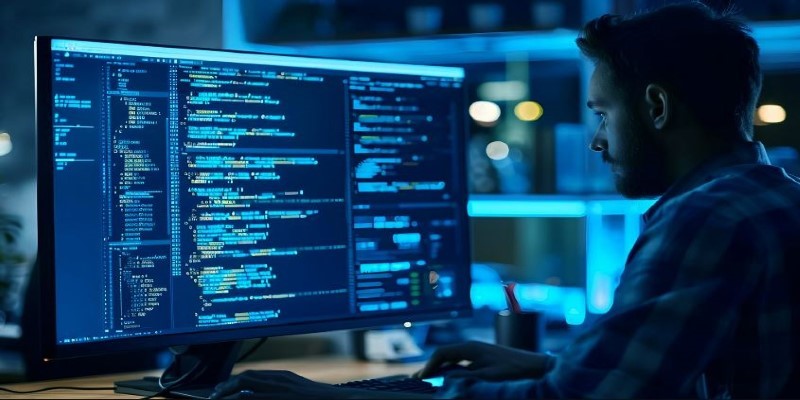
Gain control over who can access and modify your data by understanding Grant and Revoke in SQL. This guide simplifies managing database user permissions for secure and structured access
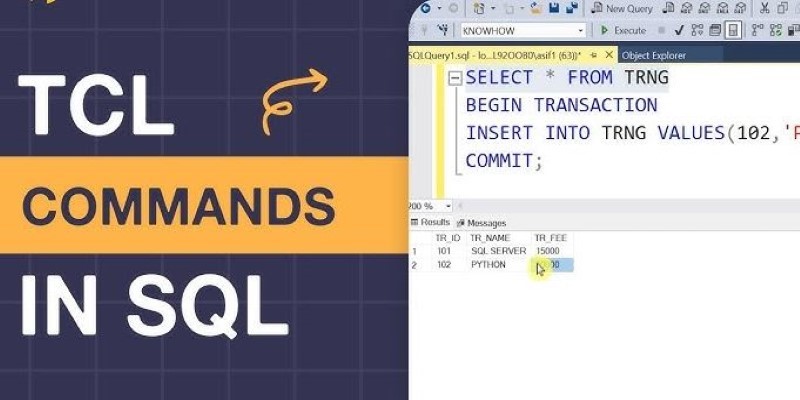
Understand how TCL Commands in SQL—COMMIT, ROLLBACK, and SAVEPOINT—offer full control over transactions and protect your data with reliable SQL transaction control